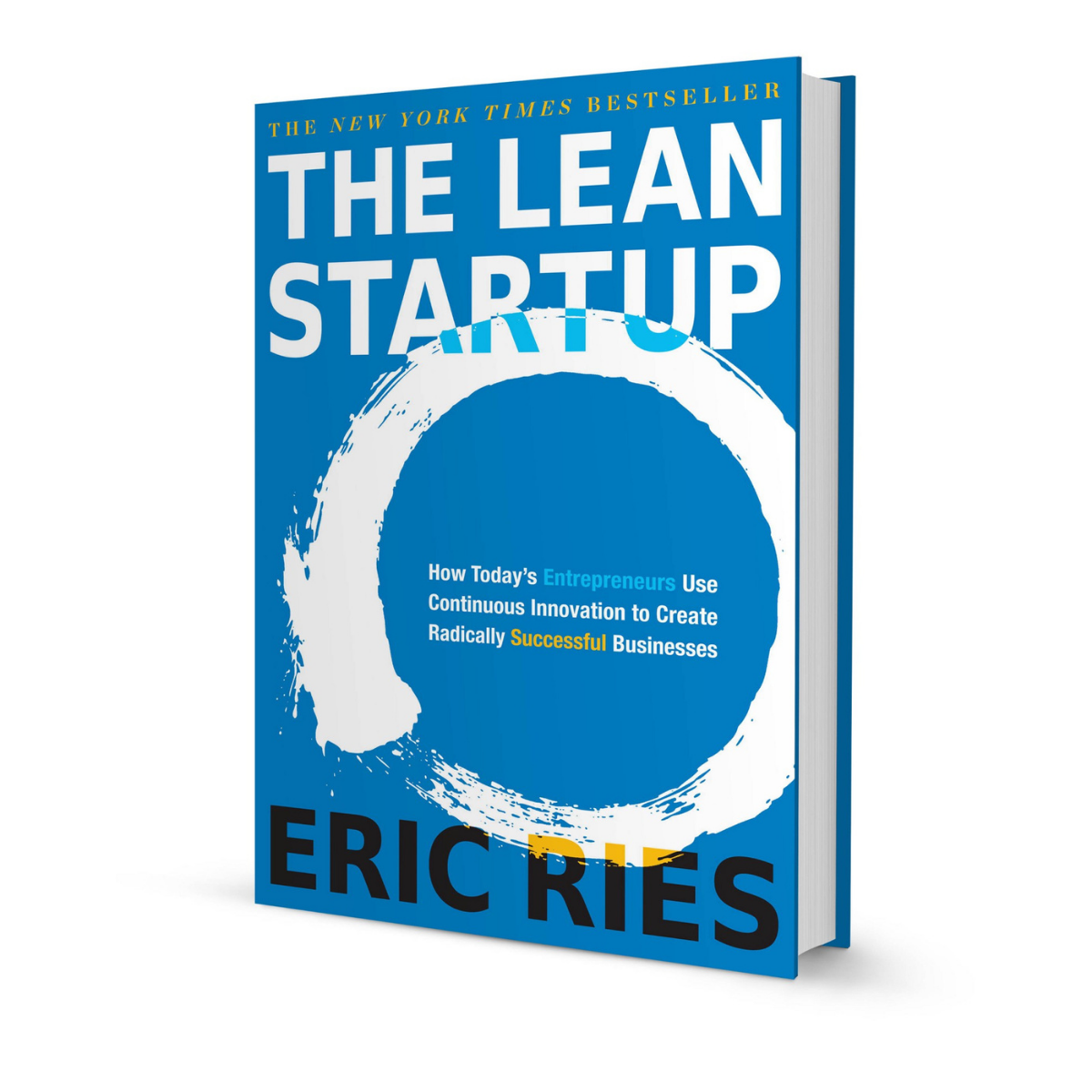
“Always plan for the fact that no plan ever goes according to plan.” ~ Simon Sinek
We spend a great deal of time developing and refining Plan A – the “perfect” plan. Plan A is the product of everything we currently believe to be true and possible. From where we’re standing – right now – we’ll convince ourselves that Plan A is the best of all possible outcomes. And it’s within our grasp too, assuming everything goes according to plan…
Of course, nothing ever goes according to plan A. The reason it never does go according to Plan A is that Plan A is limited by what we learned in the past, what we “know” works. As soon as we step into the arena, and we get knocked to the floor by the left hook we didn’t see coming, we’re forced to challenge our beliefs and assumptions. We’re forced to improvise, to learn and to grow.
Plan B is always less well-conceived – much rougher around the edges, far from perfect. We never thought we’d need it of course, so we held it more loosely. Because of that, Plan B is also so much more adaptable. Plan B allows us to pick ourselves up after the fall, to dust ourselves down, and engage with the new reality that just imposed itself upon us. A step backward, perhaps, but with the possibility of a far greater leap forward than Plan A ever really offered.
You might think that Plan B is at least better than Plan C. But we think Plan B is better than Plan A too. Plan B is the place where innovation happens. It’s the place where we pivot, where we let go of “perfect” and embrace our imperfect reality.
This week’s inquiry…
Assuming Plan A is never going to work, how can you get to Plan B more quickly?
Dive Deeper…
Eric Ries, author of the groundbreaking book (and movement!) The Lean Startup introduced the world to the term Pivot, essentially describing the moment that we realize Plan A just isn’t going to work, and we begin the journey towards Plan B. In this video, Eric explains the idea behind the word.
“Pivots aren’t just for startups. Life is full of unexpected twists and turns, and recognizing when it’s time to embrace a new path is vital to all of us.”
Most startups fail. But many of those failures are preventable, and in ‘The Lean Startup’, Eric Ries tells us how. The Lean Startup is now the de facto standard for how to build a new company. But the concepts in the book are not limited just to companies.
Eric defines a startup as “an organization dedicated to creating something new under conditions of extreme uncertainty.” Whenever you’re creating something new, you are operating in the conditions similar to those of startup – full of risk and uncertainty. Reading this book will offer powerful insights that will serve you as you navigate that uncertainty and share your genius with the world.


